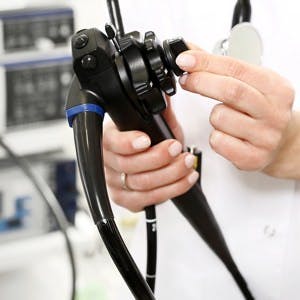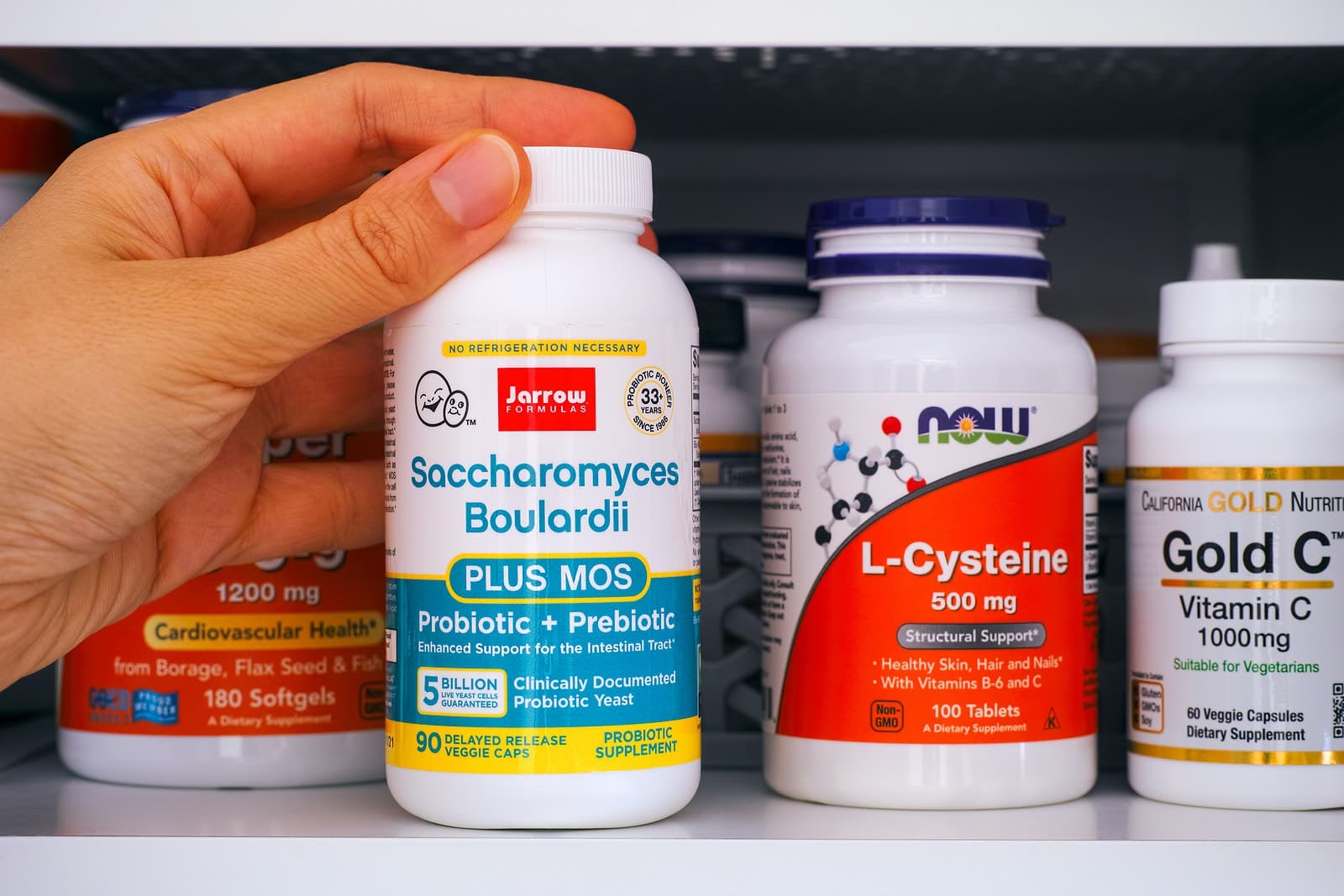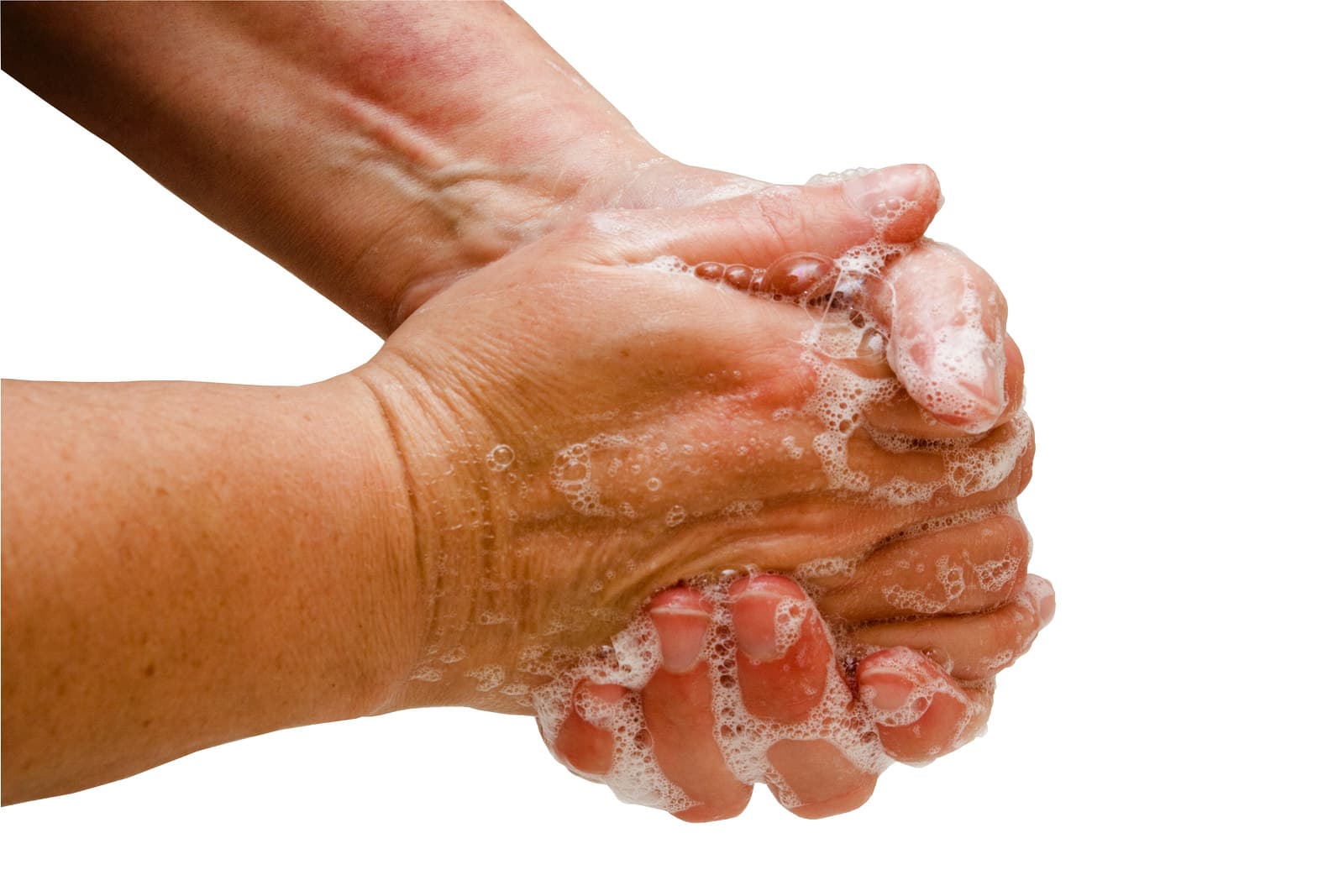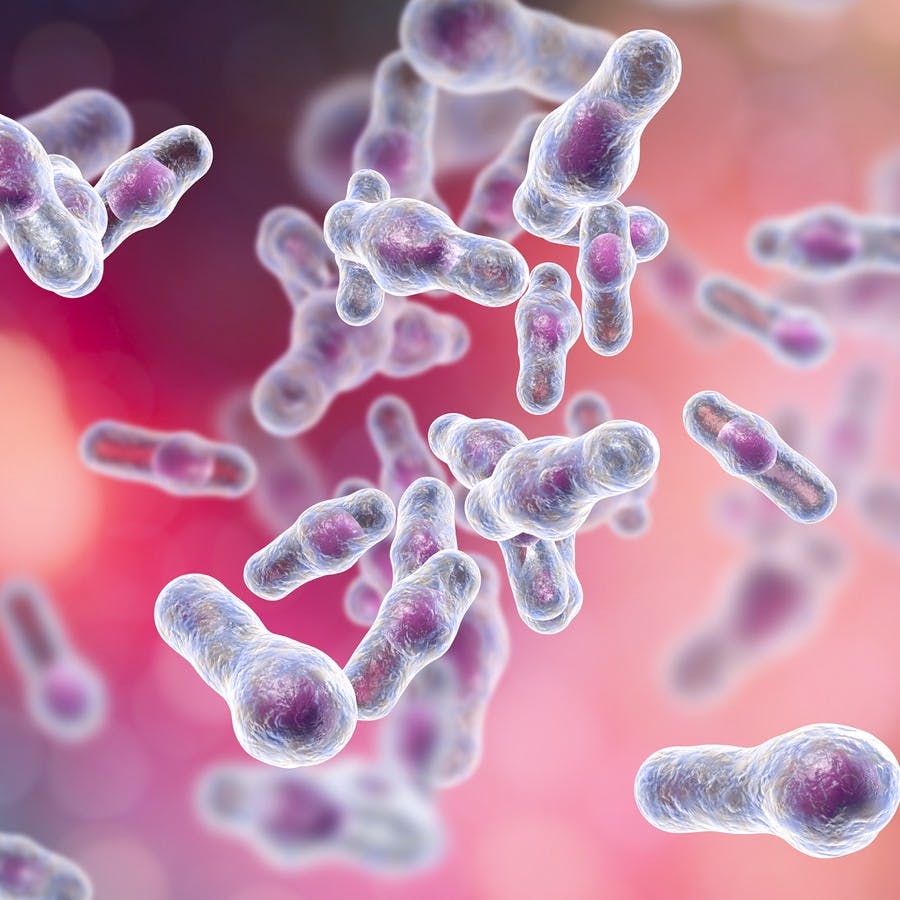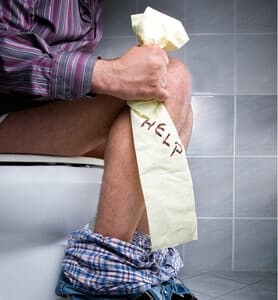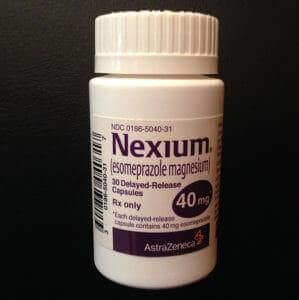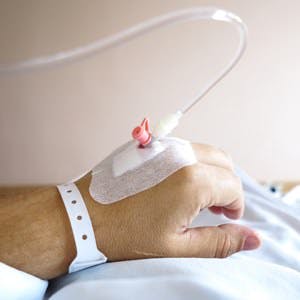Articles categorized as Clostridium Difficile Infection C Diff
Show 1455: Common Culprits: How Infections Trigger Chronic Diseases
Evidence is mounting that infections trigger chronic diseases like heart problems or dementia. Evolutionary biology offers clues.
Show 1222: How Can You Optimize Your Microbiome?
To optimize your microbiome, focus on fiber. The more different types of plants you consume, the more your gut microbes will thrive.
Hand-Washing as a Survival Skill
Proper hand-washing is critical in protecting you against a wide range of microbes, including C diff bacteria and COVID-19 viruses.
Did Clindamycin Lead to Terrible Diarrhea?
Antibiotic treatment, especially with clindamycin, can lead to a C diff infection. The symptoms include terrible diarrhea, cramping, fever and pain.
Do PPI-Type Acid-Suppressing Drugs Cause Allergies?
A new study from Austria suggests that acid-suppressing drugs cause allergies such as hives. There are even elegant explanations why it could be true.
Show 1164: Will We Win the Race Against Emerging Superbugs?
Drugs can't kill off many emerging superbugs. How can we protect ourselves from these lethal infections? Dalbavansin holds promise.
Show 1159: Do Cold Sores Boost Your Risk for Dementia?
In this international research update, we consider studies of probiotics and how they influence the gut microbiota; also, are cold sores linked to dementia?
Clindamycin and C. Diff Infection: A Devil’s Ride
When most people think of diarrhea they imagine a minor annoyance that will go away in days. Clindamycin-caused C. diff infection can be life threatening.
Will Artificial Sweeteners Harm Your Microbiota?
Artificial sweeteners appear to be toxic to bacteria similar to those that inhabit our intestines. That could potentially be bad news for our health, too.
Is Liver Cancer a Risk of Acid-Suppressing Drugs?
Proton pump inhibitors (PPIs) like Nexium and Prilosec can prevent heartburn and heal ulcers. But they do have some frightening side effects and might even promote liver cancer.
Should You Take Probiotics with Antibiotics? New Review Says YES!
If you have ever taken antibiotics, especially clindamycin, you know diarrhea can result. A C. diff infection can be life threatening. A new analysis suggests probiotics with antibiotics can help.
Will Poop Pills Stop Deadly Diarrhea?
When doctors want to do a fecal microbiota transplant to treat Clostridium difficile, poop pills work as well as a colonoscopy.
Recurrent Diarrhea Is More Common, Harder to Treat
Multiply recurrent C diff infections result in hard-to-treat recurrent diarrhea. Fecal microbiota transplantation may be the best treatment.
Overlooked Antibiotic Side Effects Can Destroy Lives
When antibiotics save lives they are miracle medicines. When they cause long-lasting pain and disability they can ruin a person's quality of life.
Do People on PPIs Have More Infectious Diarrhea?
A study in Scotland found that people who take PPIs for a long time are more likely to suffer from C diff or Campylobacter infections.
Are You at Risk from Another Patient’s Antibiotics?
Another patient's antibiotics could put you at risk for diarrhea due to C diff if you are unlucky enough to be the next patient in that bed.
A Medical Mistake Leads to Tragic Death
We are overwhelmed by medical statistics. Though hundreds of thousands die from health care harm it has very little impact. A story is far more compelling.
How to Improve Digestive Health with a Poop Transplant
A poop transplant that alters the disturbed microbiota of a diseased digestive tract can provide surprising relief from diarrhea, pain and other symptoms.
Is Your Doctor’s Tie and White Coat Making You Sick?
Doctors love a long white coat. For many it is a way to distinguish themselves. But white coats, ties, long sleeves and jewelry can spread germs.
What Else Could Hospitals Do to Reduce Deadly Infections?
Controlling antibiotic use to only those cases where the drug is strictly necessary can help reduce the risk of C diff infections.
Acid-Suppressing Drugs Raise the Risk of Repeat C Diff Infection
Hospital patients on a PPI are at increased risk of dying from a recurrent C diff infection.
Frozen Poop Pills Make Fecal Transplant More Palatable
Finding a safe acceptable way to do fecal transplant will help many people with stubborn C diff infections that have not responded to traditional treatment.

